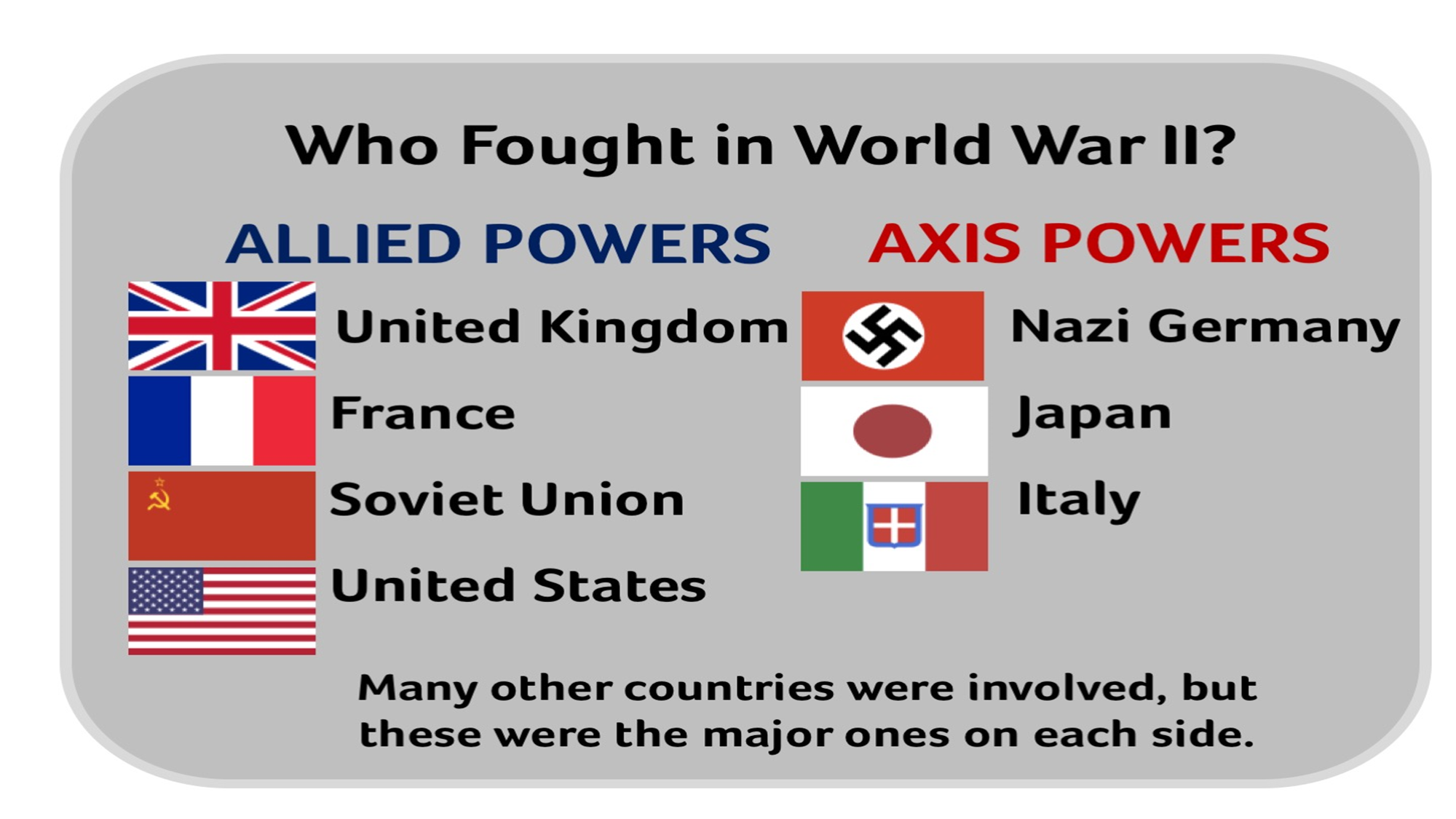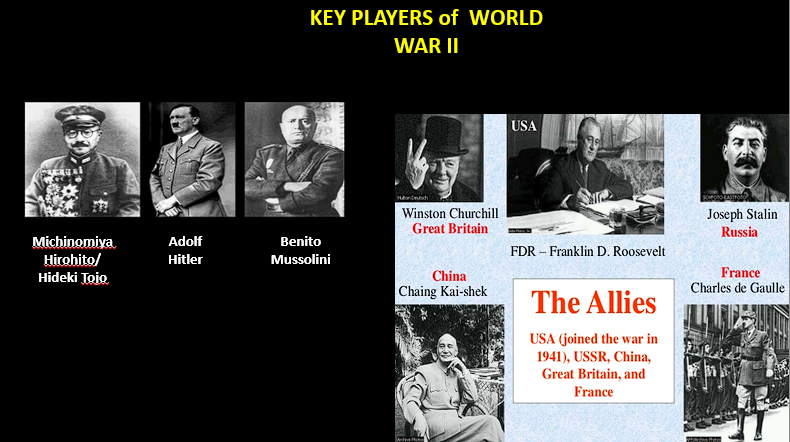Lesson 2: Historical Trajectory of the Road to Globalization
1/19
There's no tags or description
Looks like no tags are added yet.
Name | Mastery | Learn | Test | Matching | Spaced |
|---|
No study sessions yet.
20 Terms
Treaty of Westphalia (1648)
- the ________________ was signed, marking the end of the Thirty Years' War. ... The war or series of connected wars began in 1618, when the Austrian Habsburgs tried to impose Roman Catholicism on their Protestant subjects in Bohemia.
- Swore not to meddle in each others’ affairs
- STABILITY
Napoleon Bonaparte (1789)
Principles of the FRENCH REVOLUTION
1. Liberty
2. Equality
3. Fraternity
- That challenged Kings, Nobility
and Religion
Ended in battle of Waterloo
Concert of Europe (1815-1914)
An alliance to restore the WORLD of the ff.:
Monarchial
Hereditary
Religious Privileges.
Restored Sovereignty
Treaty of Versailles (1919)
germany was blamed for the war (axis) and was asked to pay reparations
military restrictions
ended WW1
Great Depression (1929-1939)
Wall street crash
aggressive nations wanted war over peace to advance economic interests
unemployment
extremism: germany’s nationalism that’s concerned only with own interests
militarism: war preparations
The Silk Road
a network of routes used by traders for more than 1,500 years, from when the Han dynasty of China opened trade in 130 B.C.E. until 1453 C.E., when the Ottoman Empire closed off trade with the West
The _________ ________ served not only as route for exporting goods such as silk, spices, precious metals, minerals handicrafts, architecture and paintings but also transmitted cultural exchange including theatric performance, dance and music art.
The ________ _______ played moreover a major role in dissemination of religions.
The Silk Road in the Peter Francopan Perspective
Asia and the Silk Roads are rising and they are not doing so in isolation from the West, nor even in competition with it.
creating jobs and opportunities and serving as a catalyst for change.
The success of one part of the world is connected to that of the other-rather than coming at its expense. The sun rising in the East does not mean that is setting on the west. Not yet , at least
There is a rise in economic progress worldwide.
During the timeline of:
The end of The Cold War in Russia
Termination of Apartheid Regime in Africa
America and North Korea peaceful reunification (Trump efforts)
South Korea rose from poverty and is “the most successful country in the world”
Internationalism
A system of heightened interaction between various sovereign states in the desire for greater COOPERATION and UNITY among STATES and PEOPLES.
Immanuel Kant
Liberal
World government
States should give up some freedoms to create common international principles
Jeremy Bentham
Liberal
Coined the term “International”
Developed the concept of an “International Law” to govern inter-state relations.
Giuseppe Mazzini
Liberal
Free, independent states as basis of cooperative international system
Respect
Karl Marx
Socialist
The TRUE Form of INTERNATIONALISM rejects NATIONALISM
Focused on ECONOMIC EQUALITY
Divided the World into CLASSES instead of Countries.
Capitalists versus Proletariat
Woodrow Wilson
Founded the League of Nations
Democracy
Paved way for the modern day UNITED NATIONS
world’s nations has a right to a FREE and SOVEREIGN government
League of Nations
1st international organization for maintaining WORLD PEACE.
Brought freedom to countries under foreign rule :
SOVEREIGNTY – states’ policies are independent of the interventions of other states
Paved way for the modern day UNITED NATIONS
World Health Organization
The ________________ plays an essential role in the global governance of health and disease; due to its core global functions of establishing, monitoring and enforcing international norms and standards, and coordinating multiple actors toward common goals.
International Labor Organization
- The International Labour Organization (ILO) was created by the 1919 Peace Conference that followed World War I.
- 8 hour work day
- May 1 as LABOR DAY
- Women’s DAY
Countries who fought in the World War II

Key Players of World War II

3 Things defined the post-Cold War World
1. US Power
2. Rise of China as the center of global industrial growth based on low wages
3. Re-emergence of Europe as a massive, integrated economic power
The initial phase of the post-Cold War world was built on two assumptions:
The United States was the dominant political and military power but that such power was less significant than before, since economics was the new focus.
(2) Revolved around the three Great Powers — the United States, China and Europe.
United States assumed that pre-eminence included the power to reshape the Islamic world through military action.
China and Europe single-mindedly focused on economic matters